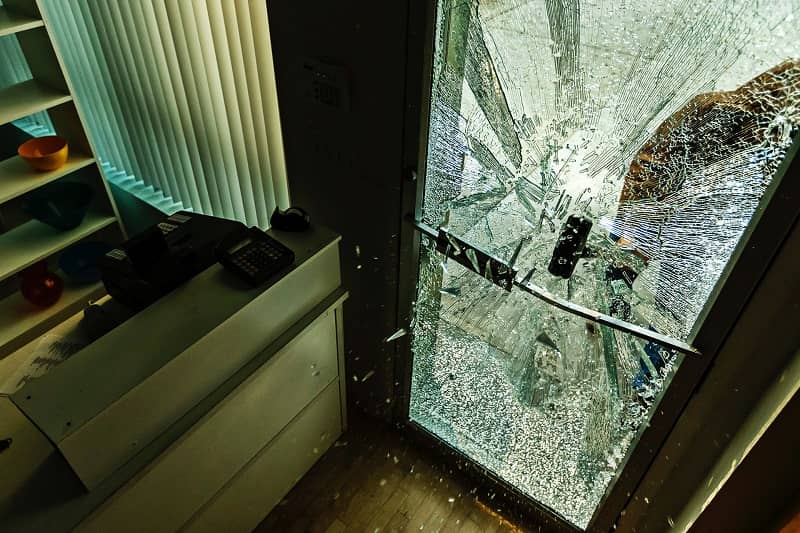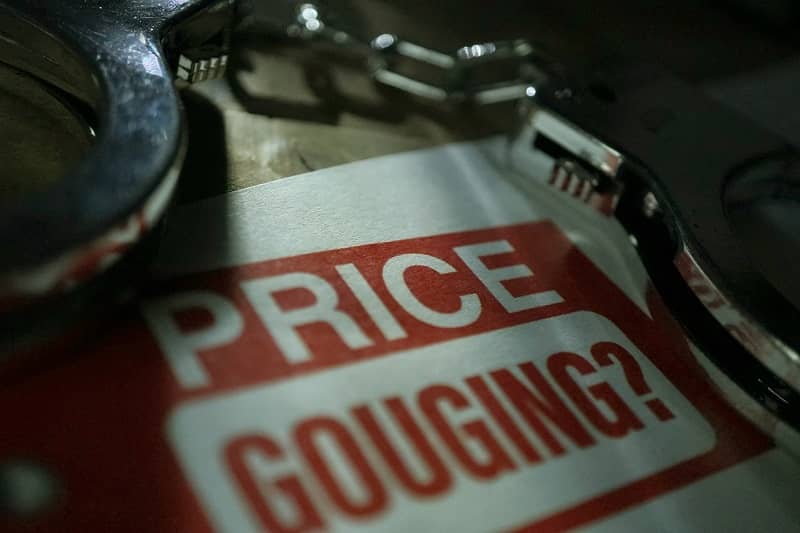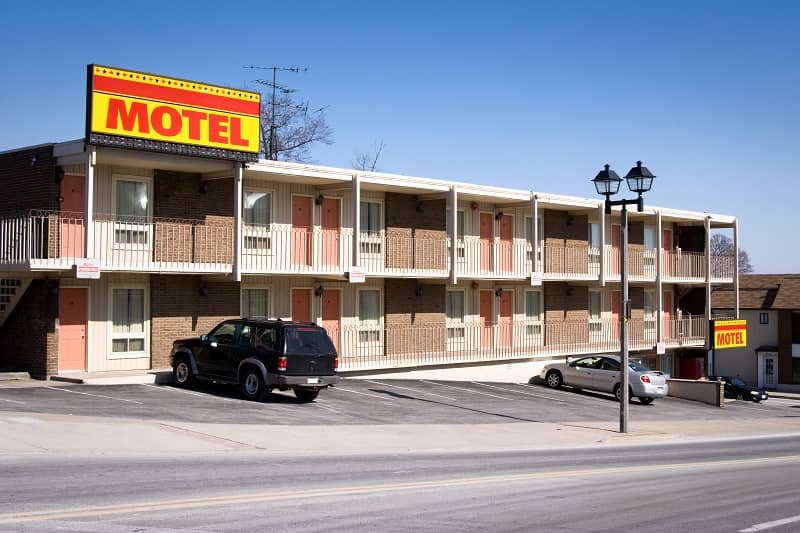By Randal O’Toole
Metro will soon be revising its 1995 Regional Framework Plan, also known as the 2040 plan. The vision of 2040 advocates was for the Portland region to “build up, not out”, by maintaining a tight urban growth boundary, mandating the construction of apartments rather than single family homes, stopping any more highway building, and spending billions of tax dollars on transit. They assumed that this would lead to a better quality of life, but they were wrong.
Housing is now unaffordable due to land scarcity and the high construction cost of building high rises. High priced housing has doubled the homeless population and Metro’s reliance on bond measures for homeless services and other programs has made Portland one of America’s most heavily taxed cities.
Traffic congestion now has Portland commuters wasting 75 percent more time in traffic, while billions spent on light rail failed to increase ridership.
Although it’s hard to believe, the Metro 2040 plan was based on emulating the traffic congestion and high housing density of Los Angeles. Unfortunately, they succeeded.
Instead of creating yet another long-range vision, Metro should help build the communities people actually want by reducing congestion, lowering taxes, and increasing the supply of land for single family homes.
Randal O’Toole is an Oregon-based transportation and land-use policy analyst. He is an adjunct scholar at Cascade Policy Institute, for which he authored the 2024 report The Affordable Housing Scam. He is the author of several books, including American Nightmare: How Government Undermines the Dream of Homeownership.













Michael Lehne
What we really need is to get metro back in t he bottle. Like ALL government agencies that start out small and with a good purpose they have become bloated and are trying to take over more and more with out succeeding at more of anything except asking for more money and spending all they get and more.
Cut them back b y 50% and look at there operations in another year for more cuts. This goes for ALL government in Oregon not just metro. We have been paying too much for too long and getting nothing for the high costs of living here. After 79 years I am feed up!!!!
Eric
I’m looking at portions of the ‘Joint Values on the Proposed Regional Congestion Pricing and Toll Projects with the Portland Metro Region’, dated 12.5.23.
This planning session says that there will be highway tolls beginning in 2026:
“toll collections have been paused until 2026 in order to better address local concerns and complaints…as ODOT continues to advance tolling, the jurisdictions listed here will advocate for implementing highway tolling.”
This is saying that tolling revenue will be shared with the local cities to ensure their positive support of tolling (statutory revenue sharing w/ local governments like 50/30/20).
“Recognize that business communities need a solution for how tolling is going to impact how and where people shop, dine, and recreate.”
“Develop more 15-Minute-Cities where everything is close and people rarely need to travel tolled highways.”
“Push an Environmental Impact Statement that evaluates agreed upon economic impacts.”
“Financial incentives for utilization.”
“Gantry locations that minimize avoidance and diversion trends.”
“How do we make people ‘feel safe’ using transit?”
“Use the Kicker to fund ODOT projects. $8B Kicker shows there is money to budget for transportation projects.”
“Consider Mileage fees, more vehicle registration fees.”
“Retune Oregon land use laws and practices.”
These are only some of the items that are in print from the results of this planning meeting.